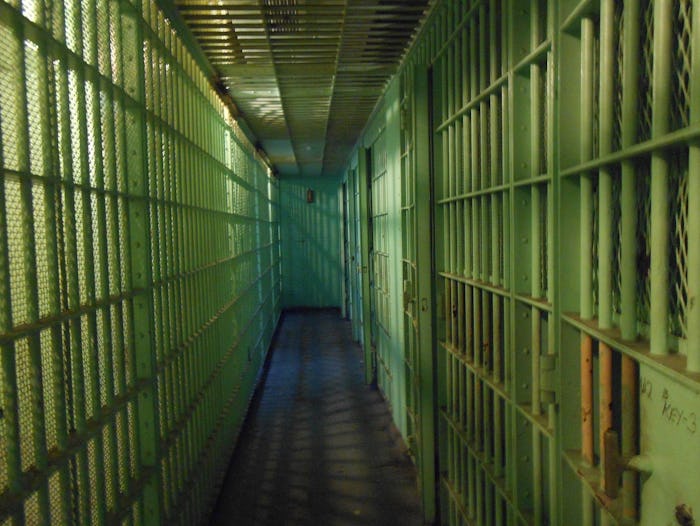Incarceration affects families emotionally and socially, and new research shows that there are long-lasting physical complications as well. According to a recent study, the children of incarcerated fathers often suffer health issues to intense degrees, and these health issues are often chronic conditions that can last all the way through adulthood. These diagnoses can be devastating, and the extent of their reach is not often realized, let alone properly cared for.
The particular study in question, entitled "Mass incarceration, public health, and widening in equality in the USA" and published in the British medical journal the Lancet, was a part of a greater assessment called "America, all things not being equal." The overall assessment highlights how various circumstances lead to discrepancies in health care, nationwide, and put some Americans at an extreme disadvantage, according to Stat. Seeing as the United States has the highest incarceration rate in the world, the connection between familial incarceration and health is a vital one to consider, especially for lawmakers and health care officials looking to improve the overall condition of their communities.
Results from the study concluded that children with incarcerated fathers endure higher rates of asthma, obesity, substance abuse, as well as behavioral and mental health problems. Christopher Wildeman, a lead author of the study, was also sure to emphasize that "mass incarceration isn’t just consequential for the health of folks who actually experience incarceration ... it’s also important for the health for the women who have to manage households in the absence of these men and the children they leave behind." A National Longitudinal Study of Adolescent Health confirmed that "many of the negative consequences of paternal incarceration continue throughout adolescence and early adulthood."
The reach extends even further. In addition to the above findings, researchers unearthed that "women whose partners are incarcerated experience substantial mental health deterioration as well as a host of elevated risk factors for cardiovascular disease." All in all, mass incarceration hurts families deeply, causing health to suffer. So what can be done to remedy this?
Suggesting a single payer heath care system as a solution, the authors of the study believe that public financing of health care services would be key to reducing inequality; "To improve health equality will require a more equitable system," its writers insist. In a time where health care is being reconsidered (and reconsidered... and reconsidered), equality for all must also be valued. For children with incarcerated fathers, the odds are already stacked against them, so making sure they have access to proper health care that can address their varied conditions only seems fair.
